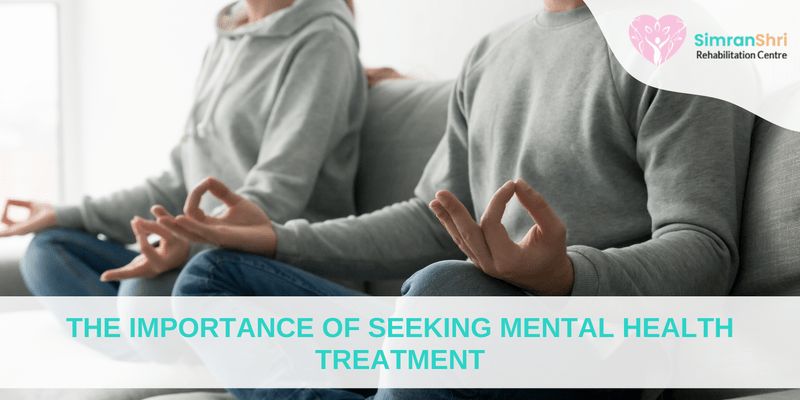

Choosing to seek a mental illness treatment is a big decision; it's a step in the right direction. Mental health disorder treatment services provide individuals with the tool they require for a healthier life. However, completing the treatment may leave individuals wondering, "what's next?." Completing mental health treatment may cause one to feel overwhelmed with various concerns and unanswered questions.
The primary purpose of these mental health disorder treatments is to equip individuals with the tools and techniques that will help them overcome their mental health conditions and stay focused on the right path to a healthier and happier lifestyle. Once you discover the techniques that best work for you, you will be confident managing your symptoms. Get acquainted with these tips to prevent mental illness and guide your loved ones.

The diagnostic and statistical manual of mental disorders, fifth edition lists three hundred mental health disorders. This manual helps mental health professionals diagnose mental illnesses.
The following are the most common mental health disorders affecting Indians as per the ICMR study:
● Depression contributes to 33.8% of the mental health disorders suffered by Indians. It has also been associated with suicides. Extreme sadness or feeling of hopelessness that lasts for a minimum of two weeks is likely to be diagnosed as clinical depression. Women are more prone to depression as compared to men.
● Anxiety contributes to 19% of all mental disorders. It is characterized by excessive worry and debilitating feelings accompanied with or without panic attacks. Many types of an anxiety disorder include generalized anxiety disorder, social anxiety disorder, phobias, separation anxiety disorder etc.
● Idiopathic developmental, intellectual disability, the third major contributor to mental disorders with 10.8%, makes it difficult to think and understand concepts. It impacts life skills such as practical, social, and conceptual skills. Special education and behavioural therapy can provide mental illness treatment.
● Schizophrenia contributes to 9.8% of mental illnesses in India; it impairs individuals' sense of their surroundings and can be fatal if left untreated. Individuals must approach the best psychiatrist for mental health treatment at the earliest.
Mental illness could be due to several reasons such as:
Biological reasons: mental illness can pass on to generations through genes. Certain infections can result in brain damage causing mental illness. For example, a pediatric autoimmune neuropsychiatric disorder (PANDAS) associated with the Streptococcus bacteria results in obsessive-compulsive disorders or mental illness in children. Other biological factors resulting in mental illness include brain injury, prenatal injury, substance use disorder and factors such as poor nutrition or exposure to toxins.
Psychological factors: mental illness could be due to psychological factors such as trauma suffered in childhood or abuse - physical, emotional or sexual. Loss of a loved one, inability to relate to others, and neglect are also factors that result in mental illness.
Environment or Social causes of mental illness: Stressors can result in mental illness; these include a dysfunctional family, death, divorce, social or cultural expectations such as succumbing to the beauty standards and developing eating disorders. Low self-esteem, loneliness, anger, anxiety or substance abuse can also result in mental illness.
As discussed earlier, Mental health is influenced by several factors, including the individual's environment or genetics. Controlling all these factors might not be in our hands, but we can develop strategies to maintain good mental health. These include:
● Indulging in physical activity regularly
● Maintaining sleep hygiene
● Seeking professional help or Best Mental Health Disorder Treatment if required
● Developing healthy coping skills to deal with stressors
● Staying positive
● Helping others
● Eating a balanced diet
● Spending time with loved ones
If left untreated, some symptoms may worsen over time. Get in touch with a mental health professional if you or your loved one are suffering from symptoms; even if you are unsure about them, they can help you with the Best Mental Health Assessment to diagnose your condition.
It's important to know that even if you struggle with a mental illness, you can still lead a healthy and happy life. Seeking mental illness treatment will help you learn healthy ways to manage your condition.